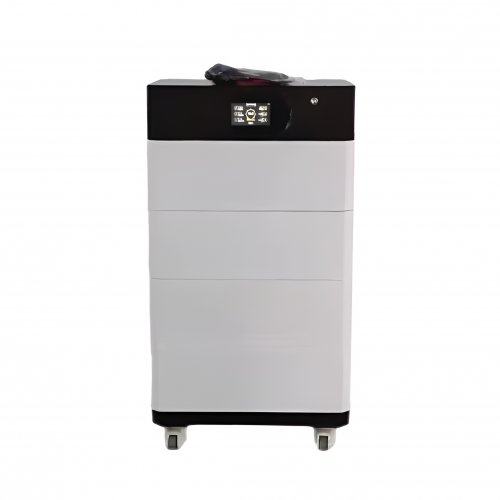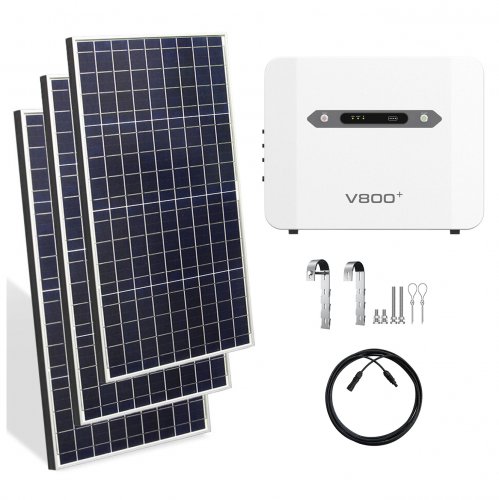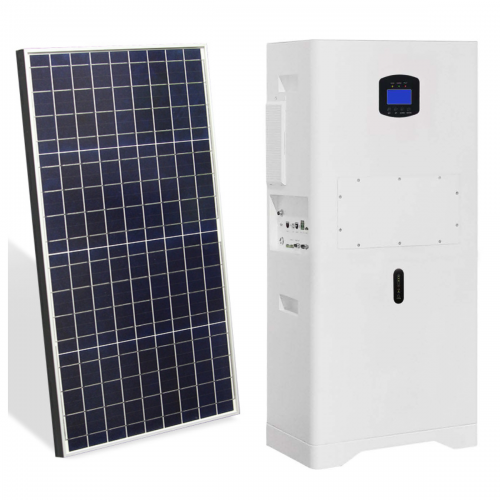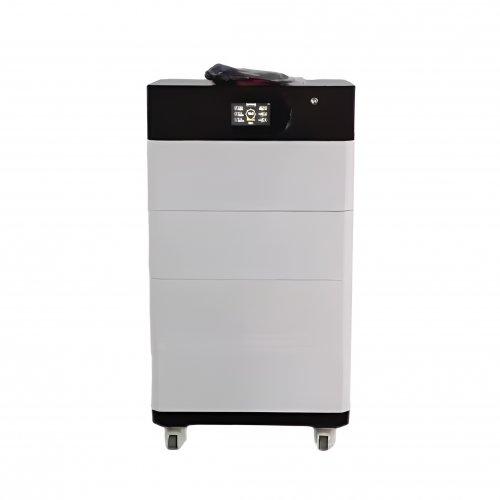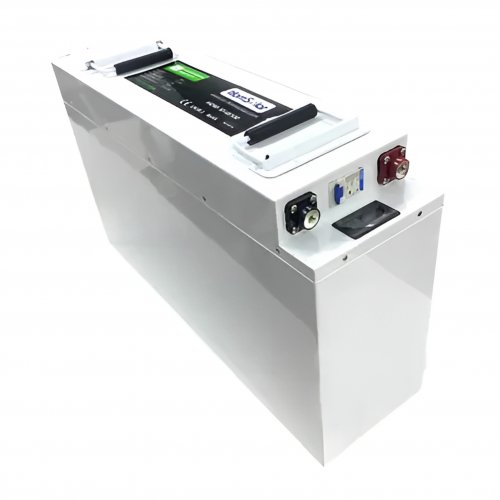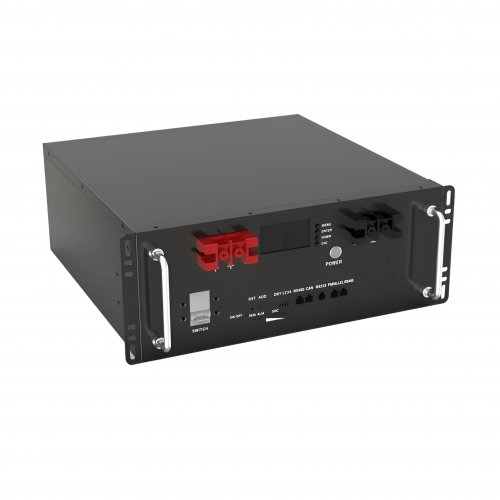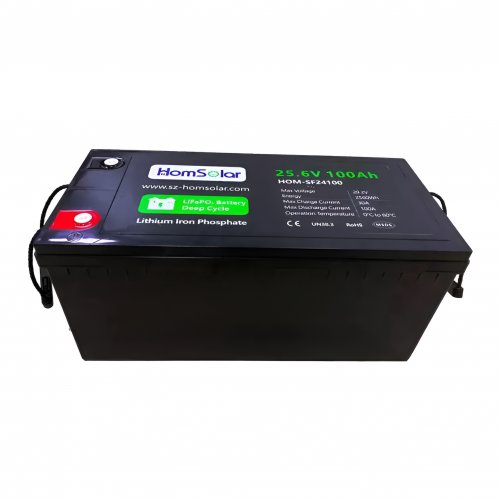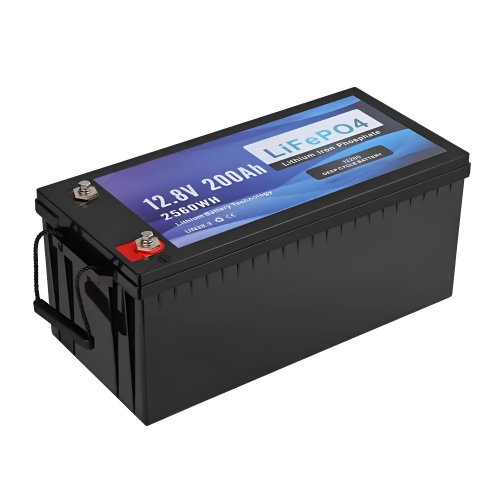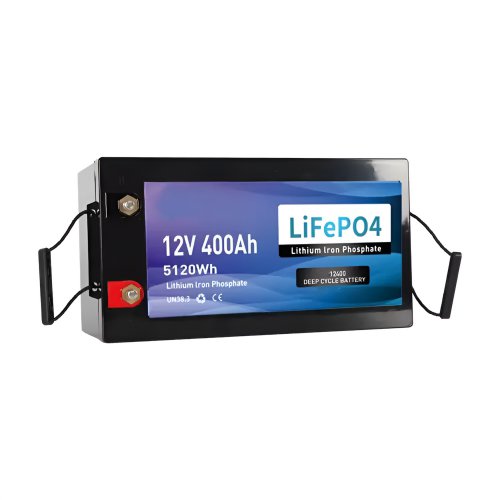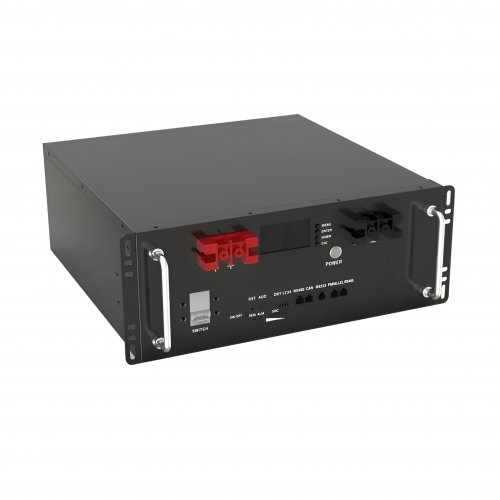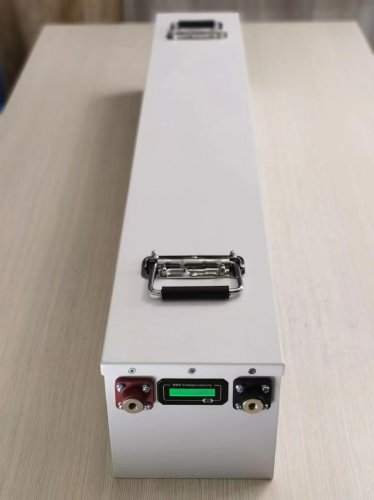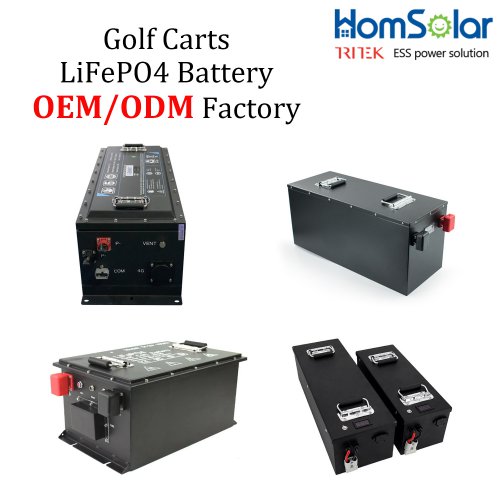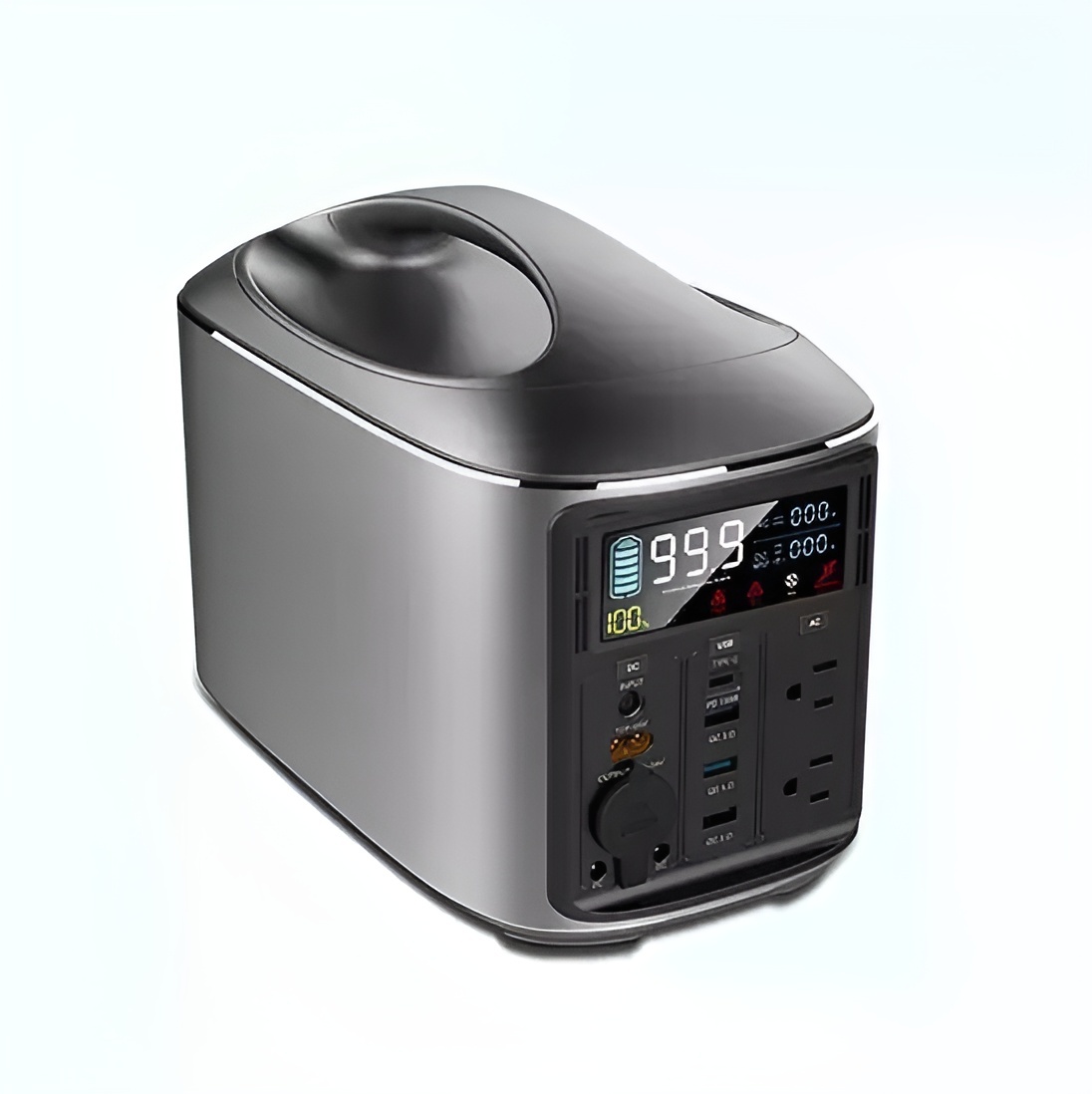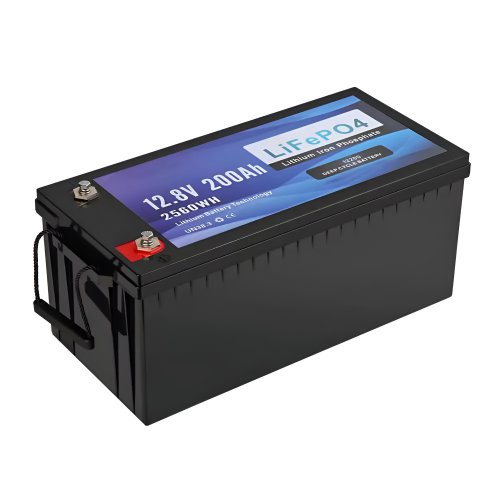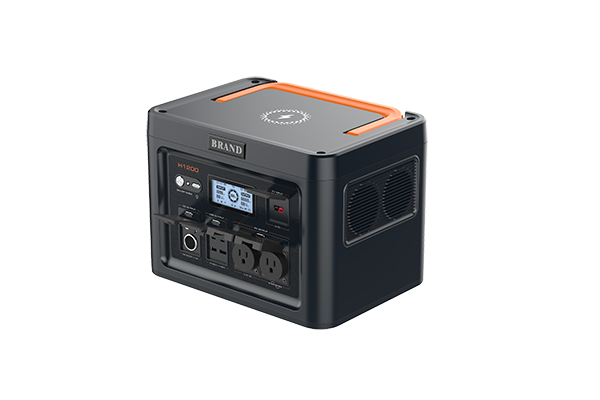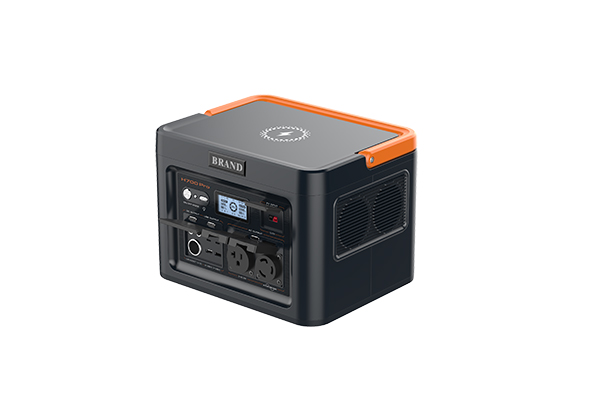Recycling Initiatives For Lifepo4 News: Industry Races To Scale Sustainable Solutions For Surging Battery Waste
The rapid global adoption of lithium iron phosphate (LiFePO4 or LFP) batteries, driven primarily by the electric vehicle (EV) and energy storage system (ESS) sectors, has precipitated a critical and urgent discussion around end-of-life management. While celebrated for their safety, long cycle life, and cobalt-free chemistry, the sheer volume of impending LFP battery waste has catalyzed a significant expansion of recycling initiatives aimed at creating a circular and sustainable battery economy.
Latest Industry Developments: From Pilot Projects to Gigafactories
The recycling landscape for LiFePO4 is evolving from theoretical research into tangible, large-scale industrial projects. Unlike their nickel-manganese-cobalt (NMC) counterparts, LFP batteries contain no high-value cobalt, making the economic case for recycling historically challenging. However, recent advancements and strategic shifts are changing this calculus.
Major battery manufacturers and specialized recyclers are announcing dedicated LFP recycling facilities. Companies like Li-Cycle, Redwood Materials, and American Battery Technology Company (ABTC) are actively developing and deploying processes tailored to LFP chemistry. In China, the world's largest producer and consumer of LFP batteries, numerous companies, including GEM Co., Ltd., are scaling up operations, supported by stringent new government regulations that mandate producer responsibility for recycling.
A key development is the focus on direct recycling methods. While hydrometallurgical (chemical leaching) and pyrometallurgical (smelting) processes are common, they break down the valuable cathode material into its core constituent elements. Direct recycling, however, aims to recover the cathode powder intact, rejuvenate it, and directly reintroduce it into the manufacturing of new batteries. The US Department of Energy's ReCell Center has been a prominent leader in advancing this technology, citing its potential for lower cost and a significantly reduced environmental footprint compared to traditional mining. Several pilot programs are now demonstrating the commercial viability of this approach specifically for LFP.
Furthermore, partnerships are forming across the value chain. Automakers like Tesla and BYD, which heavily utilize LFP batteries, are establishing closed-loop partnerships with recyclers to secure a domestic and sustainable supply of critical materials, namely lithium and iron phosphate.
Trend Analysis: Economics, Regulation, and Supply Chain Security
Three interconnected trends are driving the acceleration of LFP recycling initiatives: improving economics, strengthening regulation, and a global push for supply chain security.
1. Improving Economics: The economic driver for LFP recycling is shifting from the value of the recovered materials to the total cost of ownership and raw material price stability. While the black mass (the shredded cathode and anode material) from LFP is less valuable than NMC's, the process can still be profitable when considering the value of recovered lithium, copper, and aluminum. More importantly, as mining costs for lithium fluctuate and face geopolitical and environmental headwinds, recycled materials offer a more predictable and potentially cheaper long-term feedstock. This creates a compelling economic incentive for battery manufacturers to integrate recycled content.
2. Strengthening Regulation: Governments worldwide are implementing policies that force action. The European Union's new Battery Regulation sets ambitious targets for recycling efficiency and material recovery, including specific mandates for lithium (to be 50% recovered by 2027 and 80% by 2031). It also introduces a mandatory level of recycled content in new batteries. Similar policy discussions are underway in North America and China. These regulations effectively create a compliance market for recycling, ensuring that the infrastructure develops in tandem with battery production.
3. Supply Chain Security: For North America and Europe, reducing reliance on raw material extraction and processing from a limited number of countries is a top strategic priority. Recycling presents a pathway to develop a domestic, closed-loop supply chain for critical battery materials. By building a robust recycling ecosystem for LFP, regions can insulate their EV and ESS industries from supply disruptions and price volatility associated with imported materials.
Expert Views: Cautious Optimism and Highlighting Challenges
Industry experts express cautious optimism about the progress but are quick to highlight the significant hurdles that remain.
Dr. Linda Gaines, a leading battery recycling researcher at Argonne National Laboratory, emphasizes the logistical challenge: "The technology is advancing rapidly, but the infrastructure for collection, transportation, and safe dismantling of end-of-life LFP batteries is still in its infancy. We need to build a reverse logistics network that is as sophisticated as the forward supply chain." She notes that the long cycle life of LFP batteries means a significant wave of waste is still years away, providing a crucial window to prepare.
Mr. Ajay Kochhar, CEO of Li-Cycle, focuses on the adaptability of technology: "Our hydrometallurgical Spoke & Hub process is chemistry-agnostic. It is designed to process various battery chemistries, including LFP, and recover critical materials efficiently. The key is scalable, flexible technology that can evolve with the market."
However, a common concern among analysts is the need for design-for-recycling. "The industry must move towards batteries that are easier to disassemble," states a report from BloombergNEF. "Standardized designs, fewer adhesives, and clear labeling would drastically reduce the cost and complexity of recycling, making the process more efficient and safer for all chemistries, including LFP."
In conclusion, the narrative around LiFePO4 batteries is expanding beyond their performance in use to include their legacy after use. Recycling initiatives are no longer a peripheral concern but a central pillar of the sustainable energy transition. While technological and logistical challenges persist, the confluence of regulatory pressure, economic incentives, and geopolitical strategy is fueling unprecedented investment and innovation. The success of these initiatives will ultimately determine whether the EV revolution fulfills its full environmental promise.
Customized/OEM/ODM Service
HomSolar Supports Lifepo4 battery pack customization/OEM/ODM service, welcome to contact us and tell us your needs.


HomSolar: Your One-stop LiFePO4 Battery Pack & ESS Solution Manufacturer
Our line of LiFePO4 (LFP) batteries offer a solution to demanding applications that require a lighter weight, longer life, and higher capacity battery. Features include advanced battery management systems (BMS), Bluetooth® communication and active intelligent monitoring.

Customised Lithium Iron Phosphate Battery Casing
ABS plastic housing, aluminium housing, stainless steel housing and iron housing are available, and can also be designed and customised according to your needs.

HomSolar Smart BMS
Intelligent Battery Management System for HomSolar Energy Storage System. Bluetooth, temperature sensor, LCD display, CAN interface, UART interface also available.


Terminals & Plugs Can Be Customized
A wide range of terminals and plugs can be customised to suit the application needs of your battery products.

Well-designed Solutions for Energy Storage Systems
We will design the perfect energy storage system solution according to your needs, so that you can easily solve the specific industry applications of battery products.



About Our Battery Cells
Our energy storage system products use brand new grade A LiFePO4 cells with a battery lifespan of more than 4,000 charge/discharge cycles.



Applications in Different Industries
We supply customized & OEM battery pack, assemble cells with wiring, fuse and plastic cover, all the cell wires connected to PCB plug or built BMS.
Applications: E-bike, Electric Scooter, Golf Carts, RV, Electric Wheelchair, Electric Tools, Robot Cleaner, Robot Sweeper, Solar Energy Storage System, Emergency Light, Solar Power Light, Medical Equipment, UPS Backup Power Supply.
We can provide you with customized services. We have the ability to provide a vertical supply chain, from single cells to pack/module and to a complete power solution with BMS, etc.


HomSolar (Shenzhen) Technology Co., Ltd








